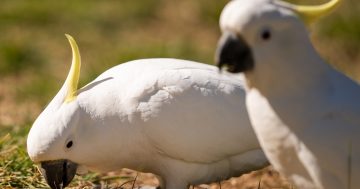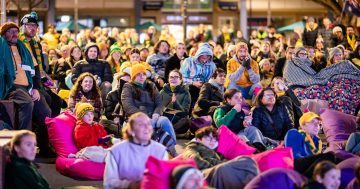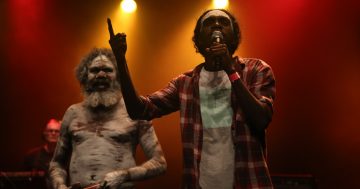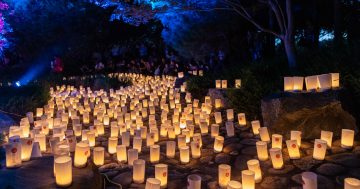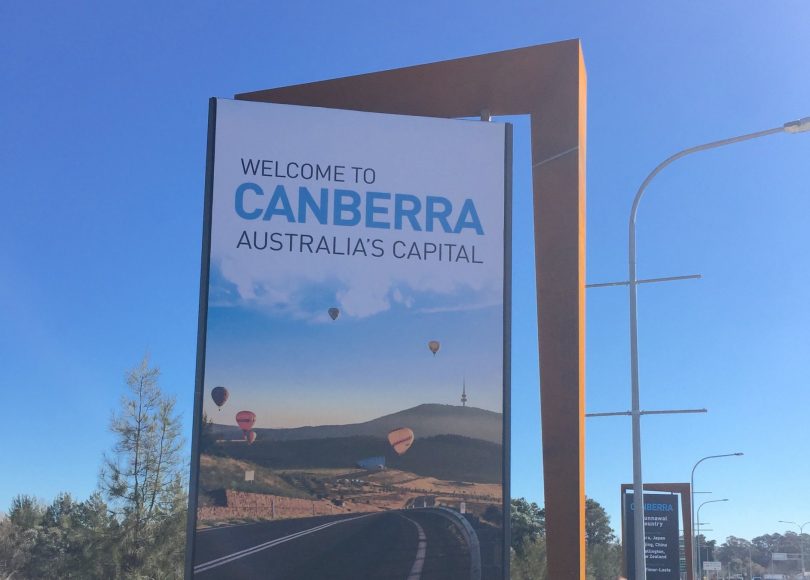
Welcome to Canberra – or should that be ‘Can-bra’, ‘The Galah Cage’ or ‘The Candy Bar’. Photo: File.
What’s in a name? Well, plenty if you hail from Gunners, Tuggers, Kingo or Belcompton.
They are all well-known nicknames for Canberra ‘burbs (suburbs) – some of which tend to irritate but are now part of a study by a senior researcher at the Australian National University (ANU), Mark Gwynn (aka Gwynno).
The Australian National Dictionary Centre, based at the ANU, is currently answering the shout-outs from Australians all over the country who have contributed more than 1000 distinct town or suburb names to its database.
You will definitely find Tuggeranong’s nickname ‘Nappy Valley’, along with Upper Downer if you’re in the inner north or ‘North Cooma’ if you’re in Banks.
In winter, the nation’s capital becomes Canbrrr, while the slightly mangled moniker Can-bra also gets a mention, along with the ‘Berra. But have you heard Canberra called ‘The Candy Bar’, ‘Cabtown’ or ‘The Galah Cage’?
Those over the border in Qwangers have referred to Canberra as the ‘gateway to Queanbeyan’.
Returning the favour, Canberrans have the often-used retorts of Queanbehole, Struggletown, or just plain Queanbo.
Mr Gywnn said he has been inundated with responses across the country, from ‘Deni’ (Deniliquin) to ‘Rocky’ (Rockhampton) and everywhere in between.
“The response was enthusiastic and demonstrated the vast number of colloquial names for places across the country,” Mr Gwynn said.“What was especially interesting were the similarities between the nickname patterns and other forms of word generation in Australia.
“For example, the ‘y’ and ‘o’ endings found in words like ‘barbie’ for barbecue and ‘muso’ for musician, are also found in nicknames like ‘Goldy’ for Gold Coast, and ‘Paddo’ for Paddington. These endings act as a code of familiarity in Australian speech.”
An abbreviation with ‘the’ in front of it also proved popular, (‘the Rat’ for Ballarat), as did the ‘vegas’ ending, as in ‘Brisvegas’ (Brisbane) and ‘Dubvegas’ (Dubbo).
“The allusion to Las Vegas is usually ironic, comparing a relatively quiet place to the hustle and bustle of the casino city,” Mr Gwynn said.
“Another ironic pattern worth noting is the ‘x by the sea’ trend, where the name of a coastal town or city is replaced by a smaller, more rural or seemingly less attractive place. For example, calling Townsville ‘Broken Hill by the Sea’.
“We had plenty of tongue-in-cheek contributions too, like ‘Marry Your Brother’ for Maryborough and ‘Sheep Dunny Cow Dunny’ for Woolloomooloo.”
Other popular patterns include using –town (as in G-town for Geelong) and the ‘ers’ ending (as in Gunners for Gungahlin).
“Quite a few places had multiple names entered, such as Woy Woy – ‘Above Ground Cemetery’, ‘the Woy’, ‘Two Woy’, ‘Why Why’, ‘Wow Wow’, and ‘Yow Yow’,” Mr Gwynn said.
“We had a lot of responses from the Central Coast area of NSW, Northern Queensland and southwest WA, in particular.”
It’s not too late to get involved. If you have a nickname you want to add to the list, you can enter it using the Centre’s Word Box feature.
“You can also search for your hometown or favourite spot using our new database. It may have nicknames you’ve never heard of,” Mr Gwynn said.
The submissions will help identify possible new entries for the Australian National Dictionary. The Australian National Dictionary is a dictionary of Australian words and their origins, published by Oxford University Press Australia and New Zealand.












